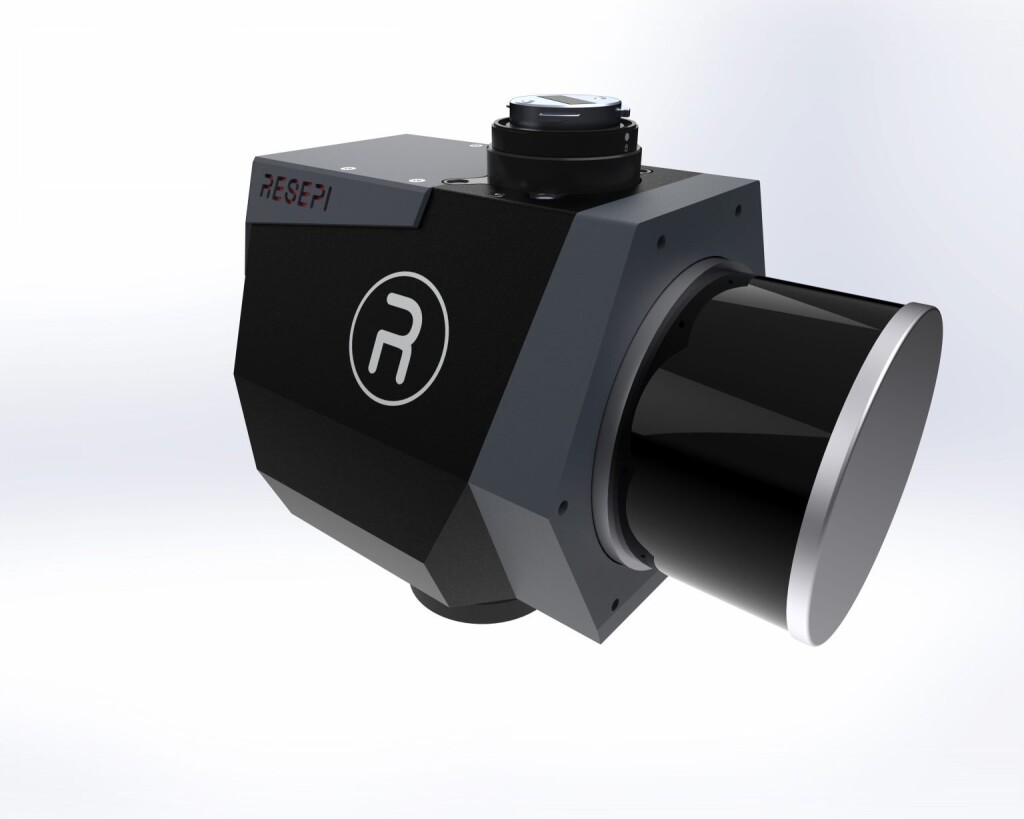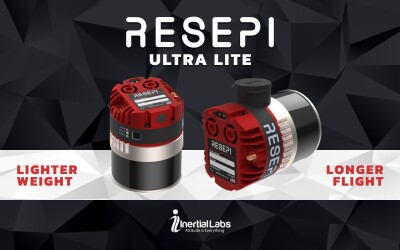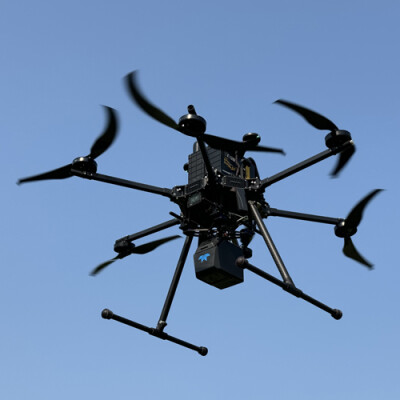In an exciting development in remote sensing technology, Inertial Labs has announced the launch of its new RESEPI™ LiDAR Remote Sensing Payload Instrument GEN-II. This state-of-the-art instrument marks a significant advancement in the field, offering enhanced capabilities across various modes of operation.
The GEN-II version introduces three distinct modes to cater to diverse operational needs: Aerial Mode for comprehensive airborne data collection, Mobile Mode for dynamic vehicular data acquisition, and a versatile Handheld/Backpack Mode, ensuring portability and ease of use for ground personnel.
Regarding technical enhancements, the RESEPI™ LiDAR GEN-II boasts a 175% increase in computing power, providing faster processing and enhanced efficiency in handling complex tasks. Memory capacity has been significantly increased by 700%, allowing for more extensive data handling and improved system performance. Additionally, there’s a 50% increase in storage capacity, facilitating longer durations of data collection without frequent offloads.
A notable feature of the GEN-II is its seamless integration capabilities with drones or other platforms, underscoring its adaptability in various operational contexts. The sensor-agnostic design of the instrument allows for easy integration of external sensors, including LiDAR and cameras. This flexibility is further enhanced by the system’s ability to compute point clouds, trajectories, and solutions in real-time, a critical factor in time-sensitive missions.
The launch of Gen-II marks the first step in making RESEPI™ a full-stack development platform for building innovative sensor-fusion solutions for mapping, inspection, autonomous navigation, and robotics applications.
Jamie Marraccini, CEO of Inertial Labs, expressed enthusiasm about the new release, stating, “The RESEPI LiDAR GEN-II, with its advanced capabilities and versatility, is not just a tool but a game-changer in how we perceive and interact with our environment.”
The RESEPI™ LiDAR Remote Sensing Payload Instrument GEN-II is expected to revolutionize industries ranging from geospatial surveying to environmental monitoring and infrastructure inspection.
Source: Inertial Labs







